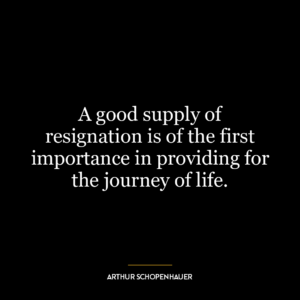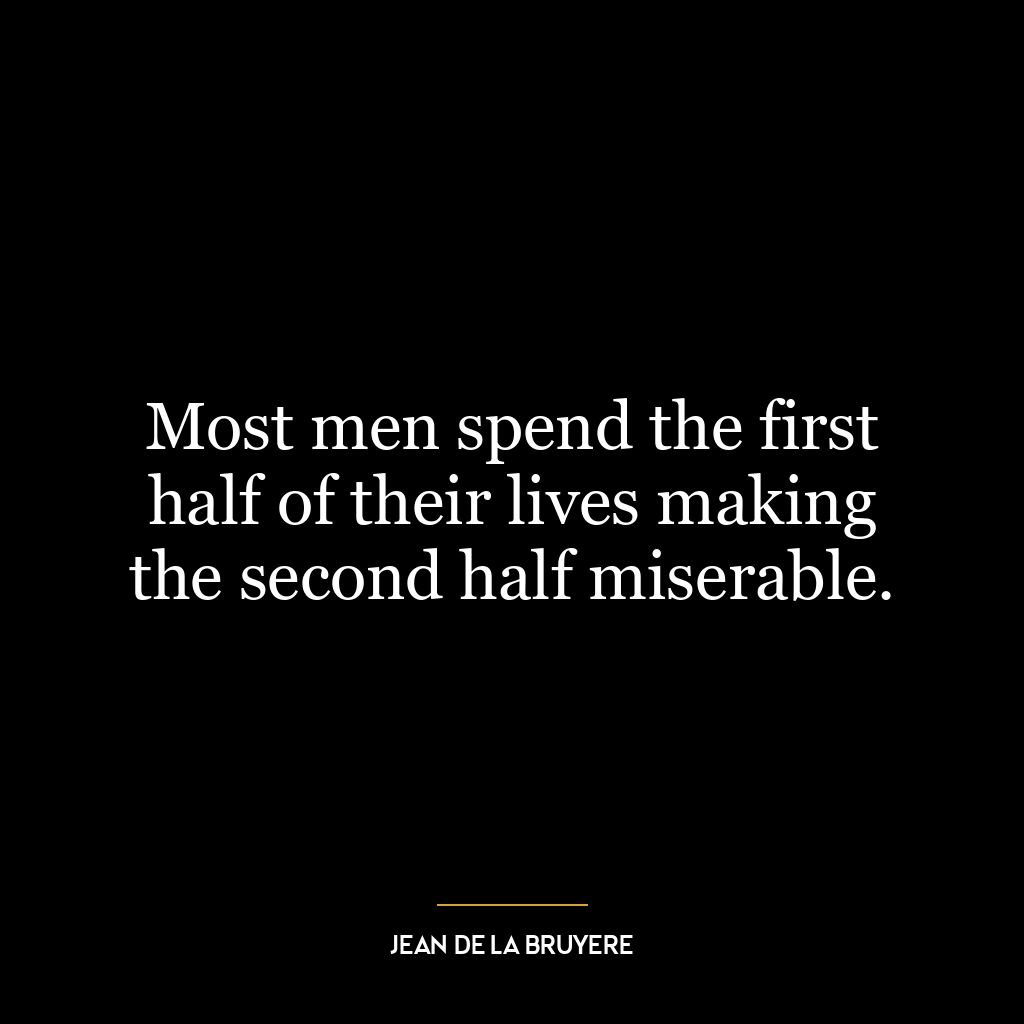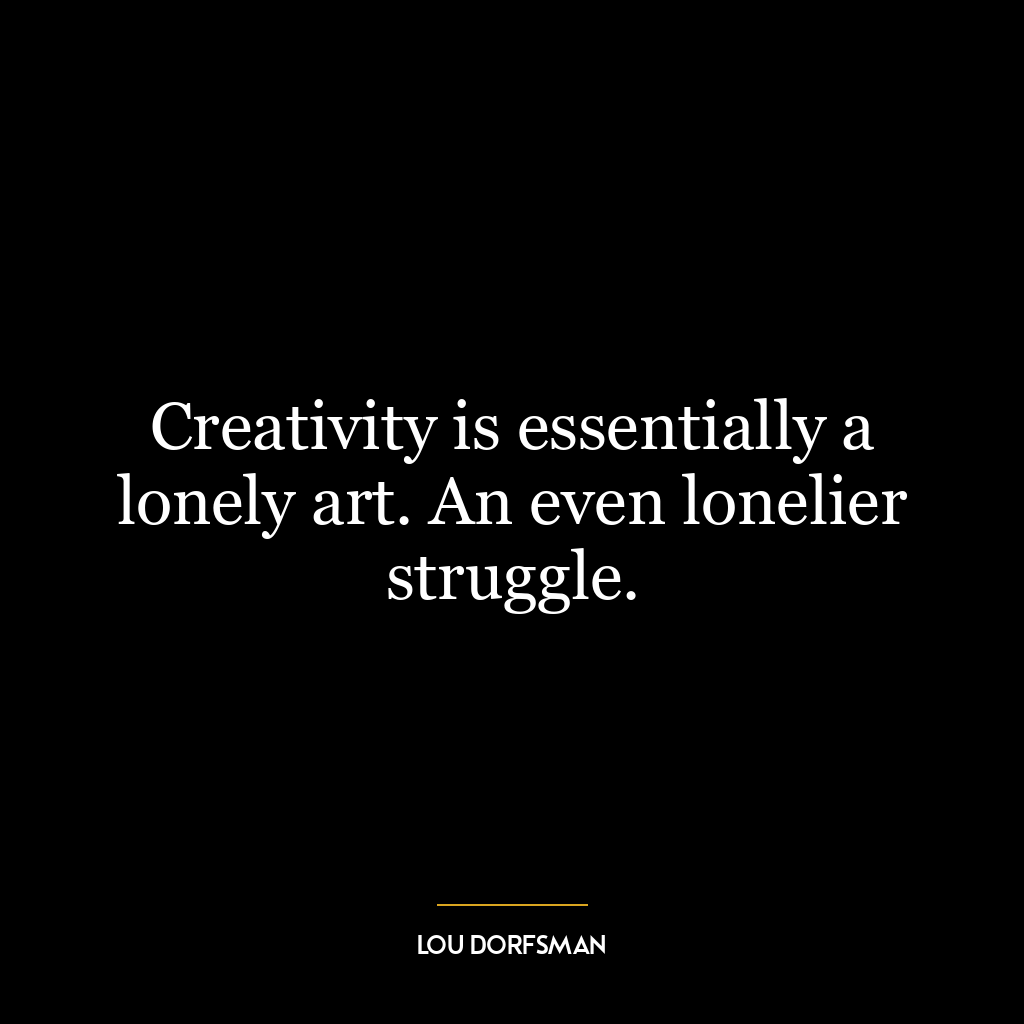Necessity is the constant scourge of the lower classes, ennui of the higher ones.
This quote is a profound observation of the human condition across different socio-economic classes. “Necessity” here refers to the constant need to secure basic necessities of life – food, shelter, clothing, etc. This is often the primary concern for those in the lower economic classes, as they continuously struggle to make ends meet. The “scourge” signifies the harshness and relentlessness of this struggle, which can often feel like a punishing whip.
On the other hand, “ennui” is a French term that translates to a feeling of listlessness and dissatisfaction arising from a lack of occupation or excitement. It is often associated with the higher classes, who, having secured their basic needs and more, might find themselves lacking purpose or stimulation. Here, “ennui” is their “scourge”, as they grapple with the existential question of what to do with their abundance of resources and time.
In today’s world, this quote is still very relevant. In societies with high income inequality, the lower classes often work long hours in low-paying jobs, struggling to provide for their families, while the rich, despite their wealth and comfort, may experience a sense of emptiness or lack of fulfillment.
In terms of personal development, this quote can serve as a reminder of the importance of balance. While it is crucial to strive for financial stability to meet our basic needs, it is equally important to seek purpose, engagement, and joy in life. Wealth and comfort alone do not guarantee happiness; we also need to cultivate a sense of purpose and find activities that stimulate and satisfy us. This balance is key to avoiding the “scourge” of either necessity or ennui.















